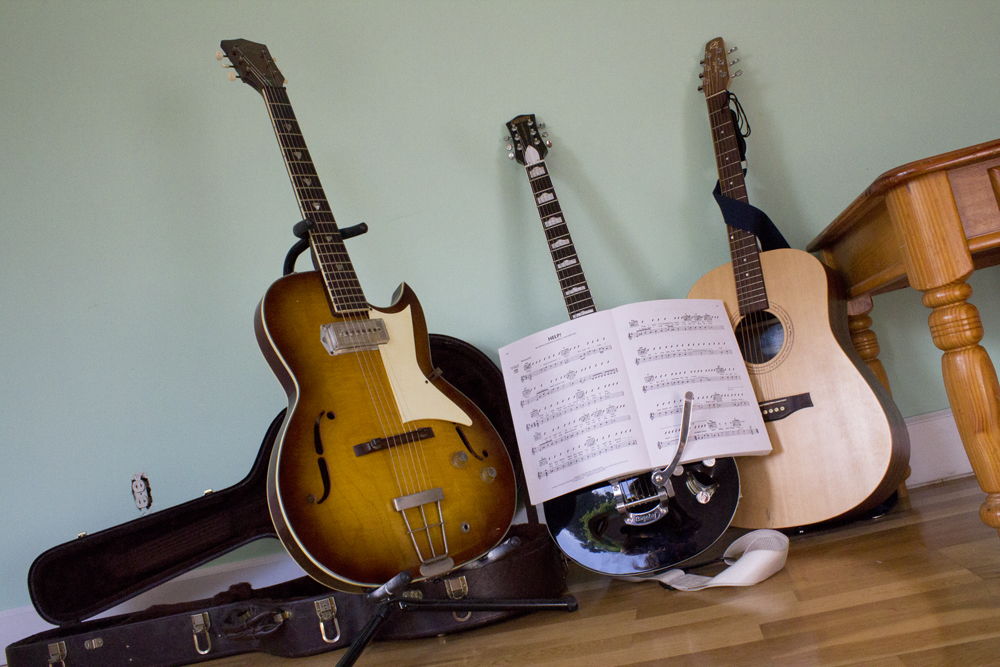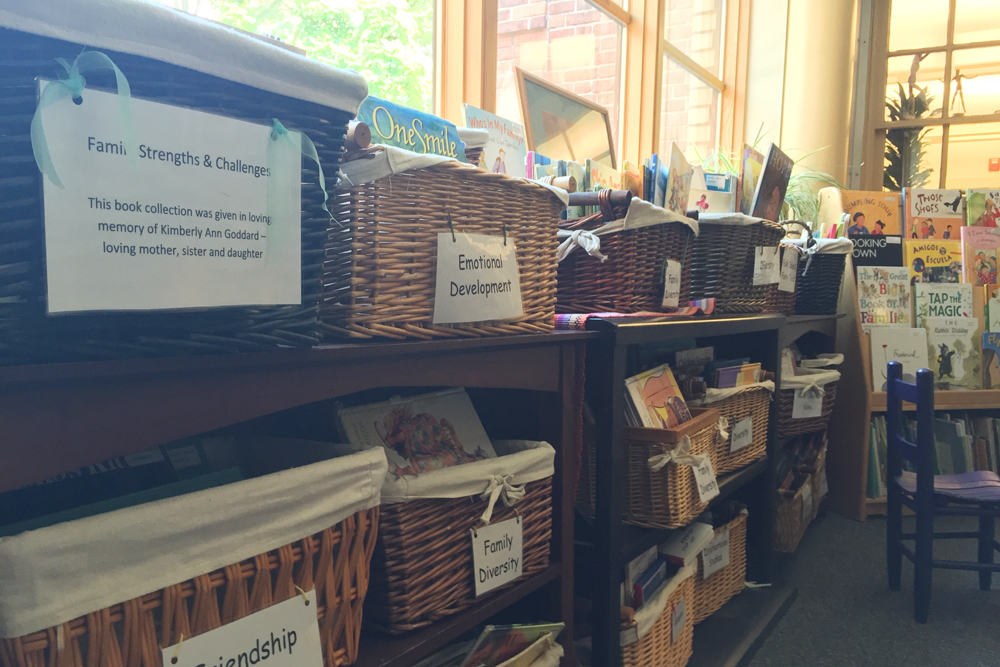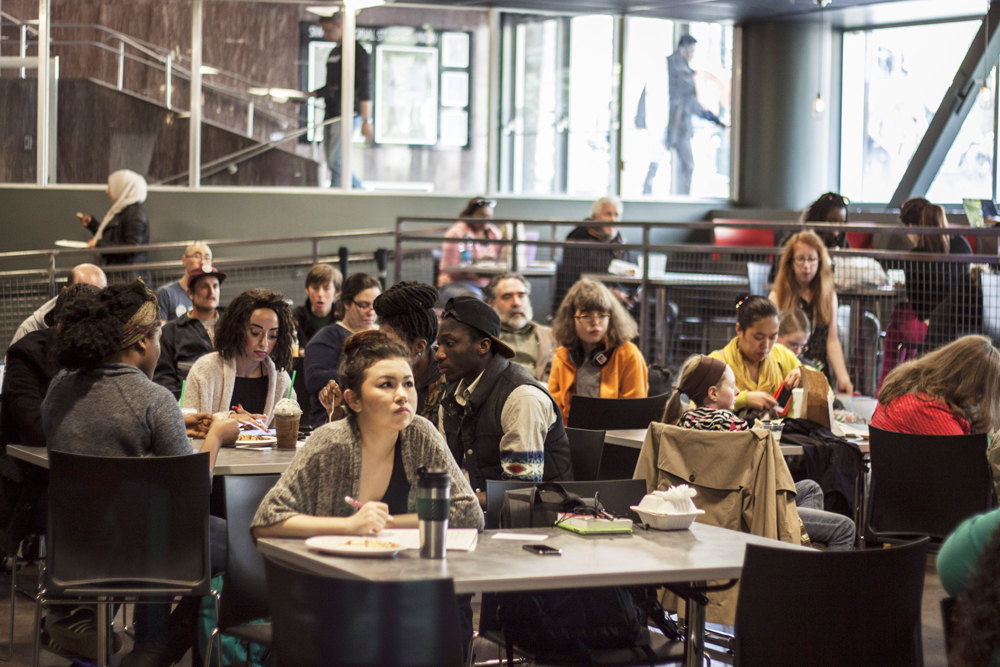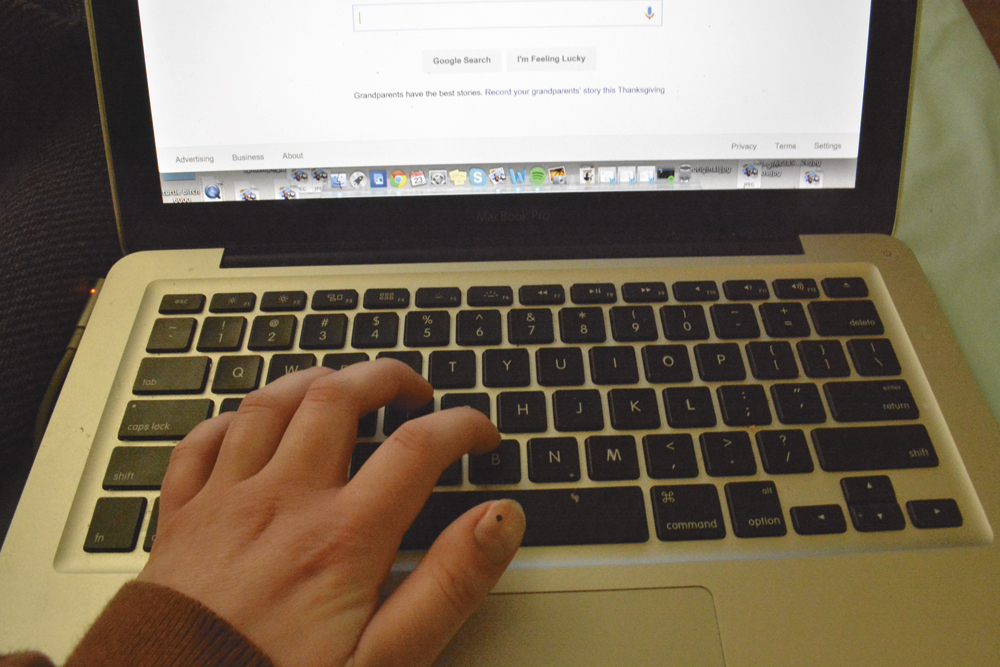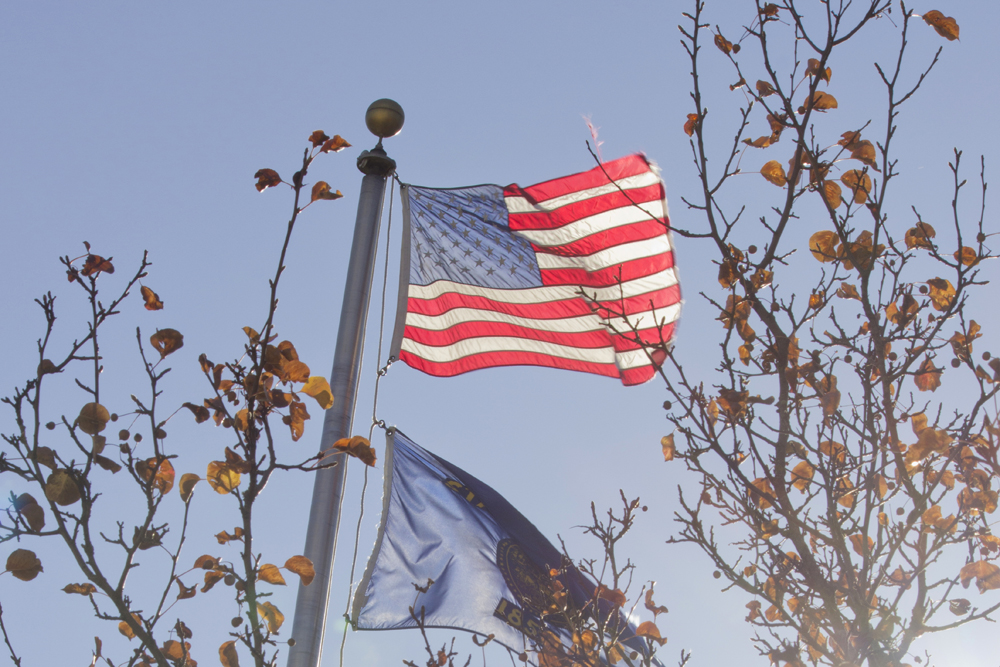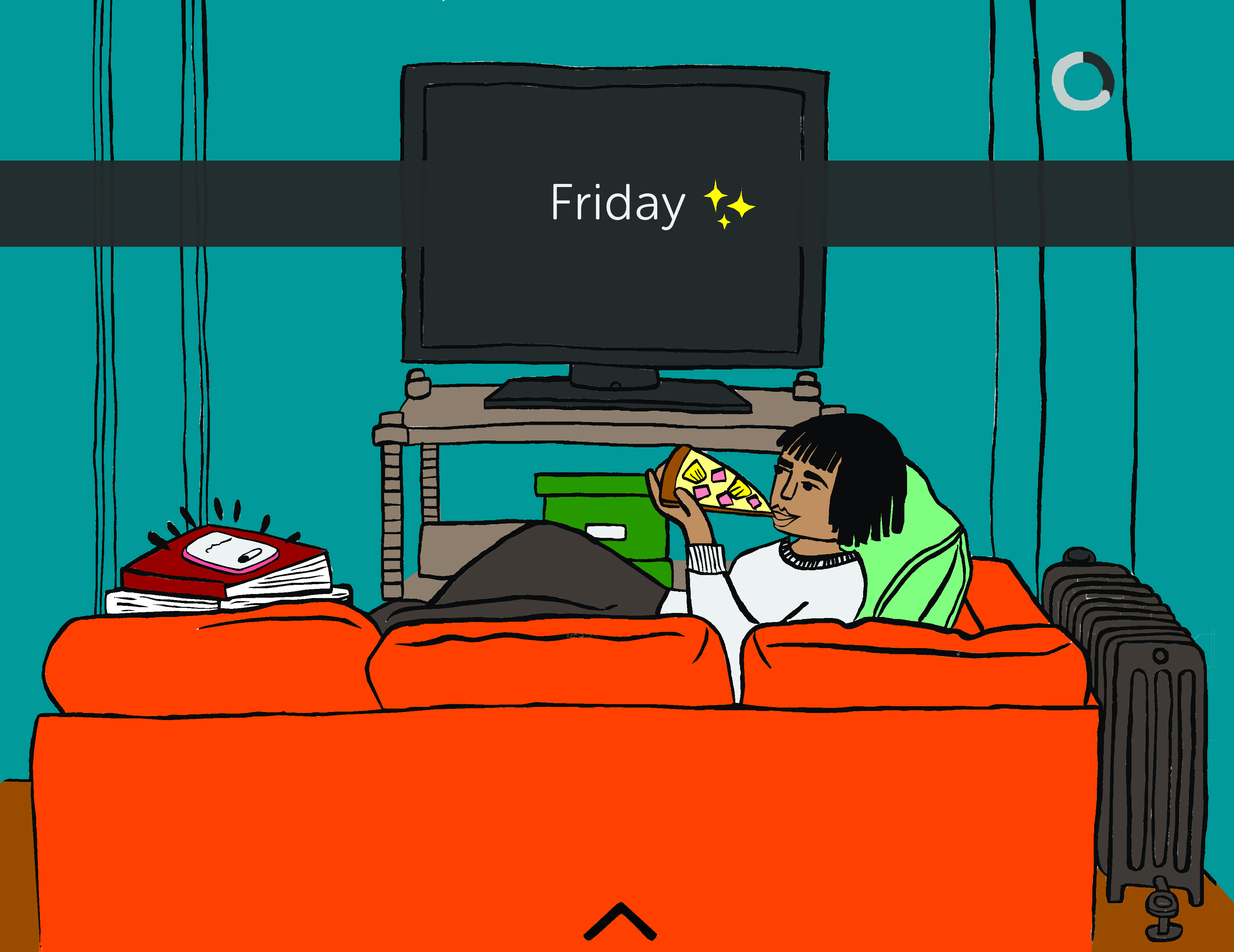Finals week is hastily approaching. When this time comes around during the quarter, I begin my scavenger hunt for all the notes and worksheets that were used throughout the term. To keep the description of this process short, the overall frustration that comes from my revelation of being chronically unorganized seeps into my body as I ravage through my house asking myself, “Will I ever be on top of things?”
The answer is yes. I know this because I know I once was, yet I find myself today lacking motivation. How does one find motivation? How do you keep that motivation?
As I reminisce on the times back in grade school when a C was considered a failure rather than a sign of relief, it’s become apparent to me that the only class that kept me steady throughout grade school was my orchestra class.
Music has always been a huge passion of mine, and I was quick to sign up as soon as it was offered for fourth graders. From fourth grade to sophomore year, I played the viola for my elementary, middle and high school orchestras.
One of the first things my teachers stressed was practice. We had weekly practice sheets to turn in to show that we could develop a sense of self-discipline. With self-discipline came routine, and it became an entertaining habit to serenade my house with the screeching, terribly pitched notes that emerged from my playing. I did have to add in some of my reading assignments and math problems in order to appease my parents and their ears.
It was challenging to play together in an ensemble at a young age, but we did it by learning to work with others. Your music stand partner was your right-hand man; if either of you weren’t on tempo with the conductor, it could prove to be rather difficult to continue on. Fortunately, we all became very good friends. We all shared common interests, and the classroom became our sanctuary during lunches. Going to orchestra class was what I looked forward to in school every day, something a math, science, or English class couldn’t provide me at the time.
I can remember how music notation was something that I truly marveled at, as well. I considered alto clef my second language and took pride in learning it. As one becomes more familiar with music notation, they realize how much Italian is used throughout. I started to read more about music during the Italian renaissance era and became fascinated with its culture. I started to go to history class more eager than ever before, learning about different societies and then going home to listen to national anthems and pieces that came from musicians of that era and place.
It proved to be a whole new method of learning that had my full attention. By listening to the music, I was able to learn so much more about the emotion and atmosphere during a time in history, which reading alone couldn’t provide for me. It was something I could do without even having to understand their languages. It’s something that I still benefit from and practice today.
Music has turned out to be my motivation. I listen to music everyday, whether it be while studying, cooking, sleeping, even while I’m in the shower practicing for my American Idol audition (one day). Music has given me a connection with my academic life that nothing else could have.
My point is that music has helped me strive in every field of academics that I’ve been in. I use that self-discipline and experience when working with others in order to become a more efficient leader. I use my knowledge of music notation in order to better comprehend historical times and eras that have existed. I’d go as far to say that I only managed to survive the K–12 system because of the foundations that music education has given to me.
Sadly, we continue to read about how music education is one of the first on the list to be targeted by budget cuts when it comes to public education in the U.S., which frightens me. By curtailing the funding for music in schools, I worry for those kids who are struggling like I did. The experiences and methods attained throughout my music education are something that I’ve been able to carry with me throughout my life.
So, as I sit here and continue to reminisce on my childhood days (these days are honestly not too far in the past), I hope that one day people will understand and recognize music education as something that is as vital in educating our children as any other academic field. I find it extremely unfortunate that this type of auditory learning has to take the financial jabs being thrown at it. Our children cannot afford to lose such a treasure in their lives.
Everyone has different motivations in their life, and I hope that music can continue to play on in public schools for the sake of the children. For me, I will continue to run around frantically for my papers. I’ll make sure to make time for practicing more often, but as Gustav Holst continues to play on my computer, I can smile knowing that music will always be a part of my life. It will always be my motivation.

